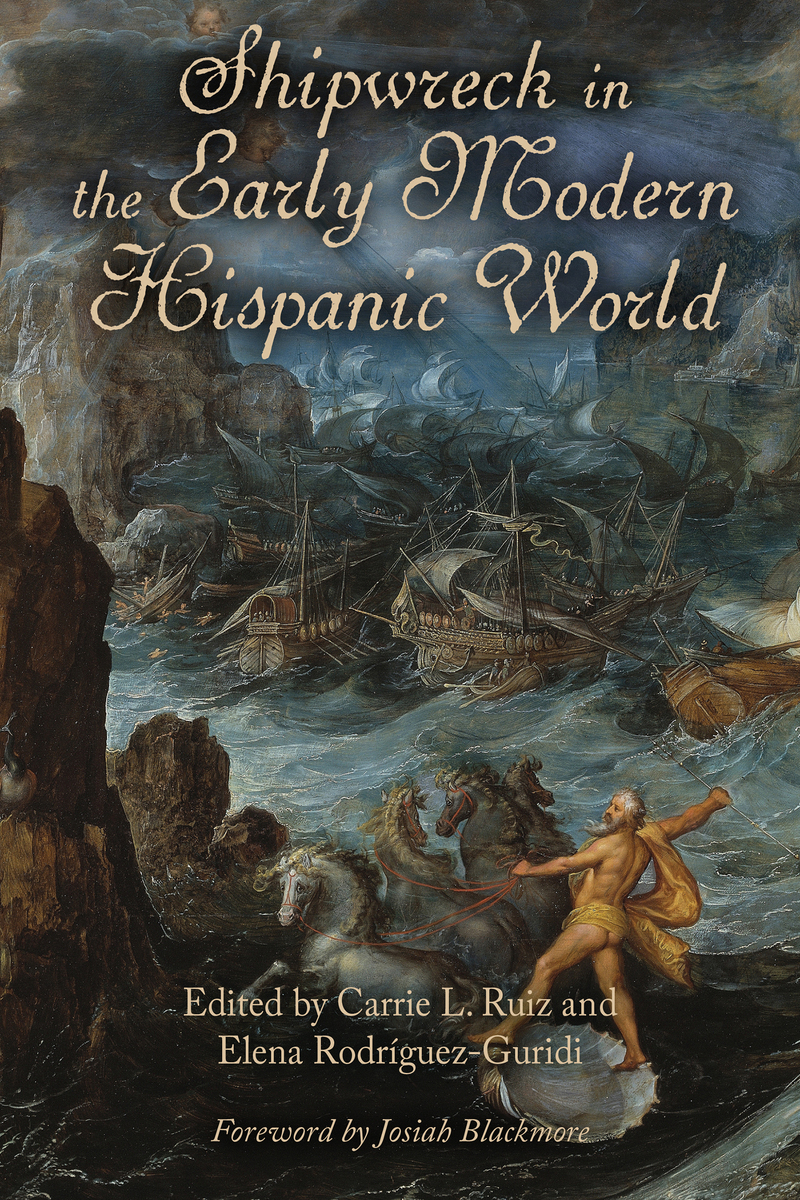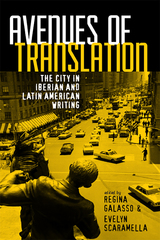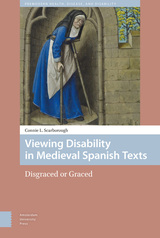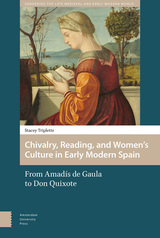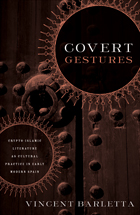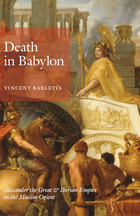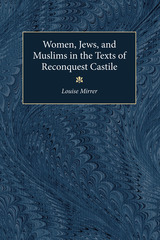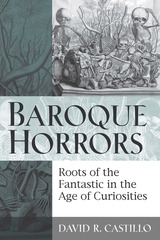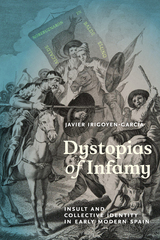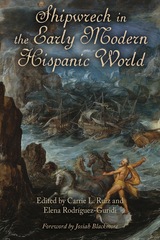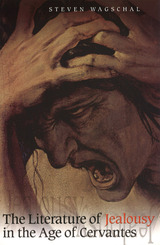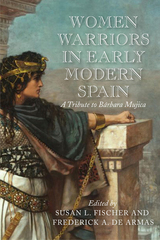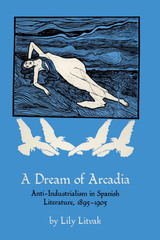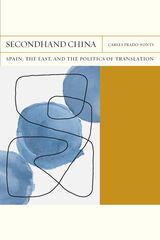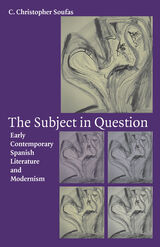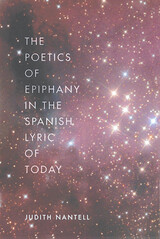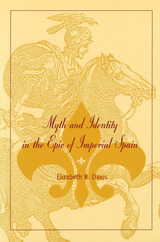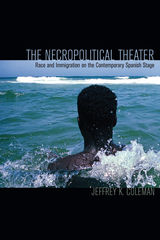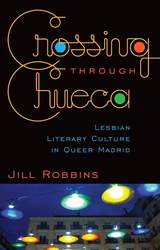Shipwreck in the Early Modern Hispanic World
Bucknell University Press, 2022
eISBN: 978-1-68448-372-3 | Paper: 978-1-68448-370-9 | Cloth: 978-1-68448-371-6
Library of Congress Classification PQ6066.S46 2022
Dewey Decimal Classification 860.932162
eISBN: 978-1-68448-372-3 | Paper: 978-1-68448-370-9 | Cloth: 978-1-68448-371-6
Library of Congress Classification PQ6066.S46 2022
Dewey Decimal Classification 860.932162
ABOUT THIS BOOK | AUTHOR BIOGRAPHY | REVIEWS | TOC
ABOUT THIS BOOK
Seafaring activity for trade and travel was dominant throughout the Spanish Empire, and in the worldview and imagination of its inhabitants, the specter of shipwreck loomed large. Shipwreck in the Early Modern Hispanic World probes this preoccupation by examining portrayals of nautical disasters in sixteenth- and seventeenth-century Spanish literature and culture. The essays collected here showcase shipwreck’s symbolic deployment to question colonial expansion and transoceanic trade; to critique the Christian enterprise overseas; to signal the collapse of dominant social order; and to relay moral messages and represent socio-political debates. The contributors find examples in poetry, theater, narrative fiction, and other print artifacts, and approach the topic variously through the lens of historical, literary, and cultural studies. Ultimately demonstrating how shipwrecks both shaped and destabilized perceptions of the Spanish Empire worldwide, this analytically rich volume is the first in Hispanic studies to investigate the darker side of mercantile and imperial expansion through maritime disaster.
See other books on: Blackmore, Josiah | Classical period, 1500-1700 | Maritime History & Piracy | Spanish & Portuguese | Spanish literature
See other titles from Bucknell University Press
